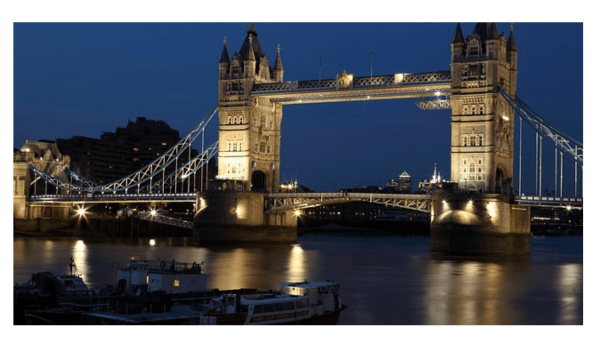While economists had anticipated only about 7.4 per cent increase, the average earnings in the UK without taking into account bonuses, went up 7.8 per cent in the June quarter. This is reportedly the highest in the last 22 years, and higher than the last hike of 7.5 per cent, as per the data revealed by the Office for National Statistics. That means, the real pay growth is on the rise.
With wages going up like this, will the prices go up? That is what is worrying policy makers and the Bank of England. If these pressures continue, interest rates will go up too.
The UK has been facing high inflation for some time now, and there is fear that the same could become difficult to shake if it becomes deep rooted, with the rising cost of living and the tight labor market leading to wage price hikes. The Bank of England has admitted that high wage settlements are hampering the efforts to control inflation.
With food costs refusing to fall, businesses and households continue to struggle and have failed to see any relief.
There has been an increase in the number of jobless people, which is now 4.2 per cent compared to 4.0 percent in the last quarter. This can be attributed to the fact that job seekers who have been looking out for employment for some time have taken longer to find suitable jobs, while more have started looking for jobs recently, adding to the numbers.
While the unemployment rate is highest since July-September of 2021, it is still low, historically speaking.



